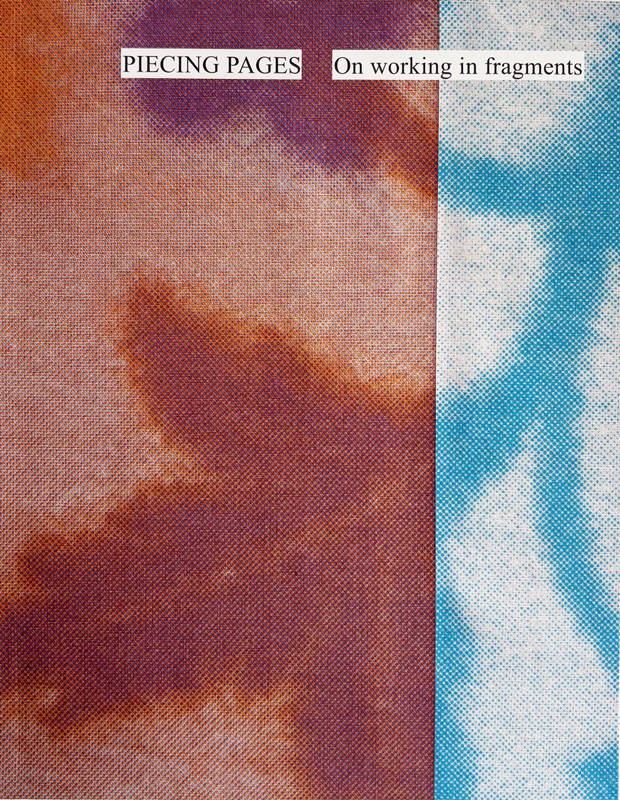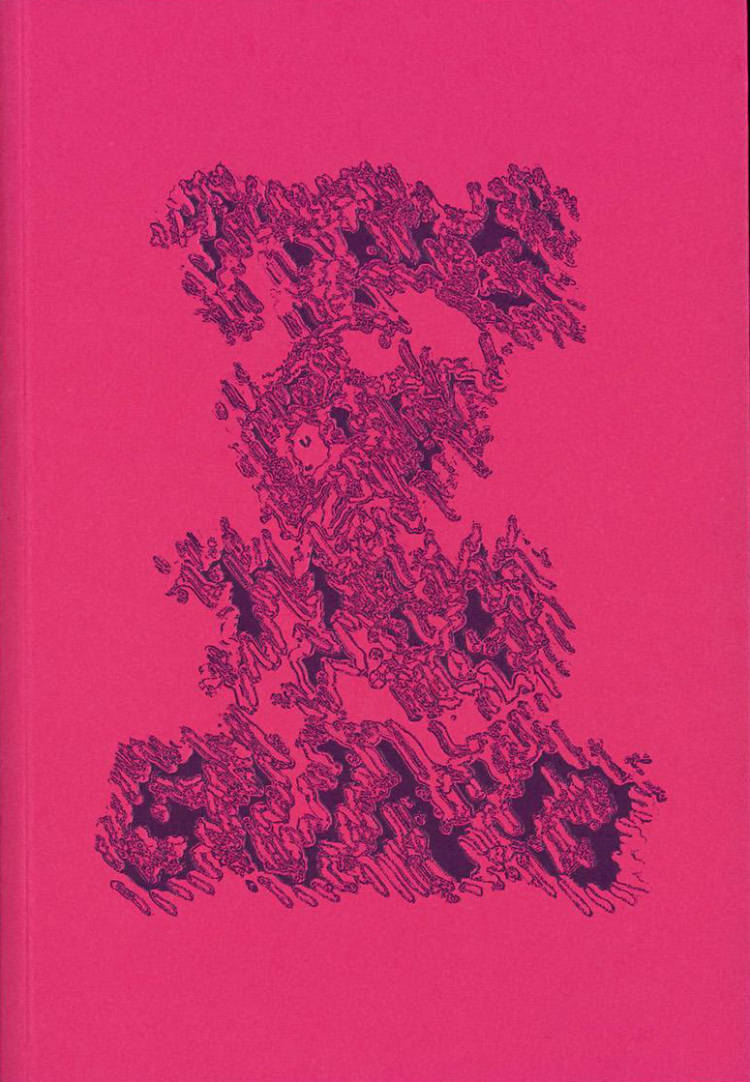
Bruch - 1: KLITTERN (aesopica)
Bruch ed.
KLITTERN (aesopica) works through the fable ‘A Wolf and a Kid’, ascribed to the ancient poet and slave Aesop. Borrowing from and dressing up in the idioms of others, the play assembles tactics and gestures of resistance for situations where no recourse to institutionalised forms of power seems advisable. Figurations of non-participation and withdrawal appear on the scene: strategies of camouflage, practices of friendship, promises of radical change, aestheticist compensations, apocalyptic fantasies and mystical transformations.
Language: English







